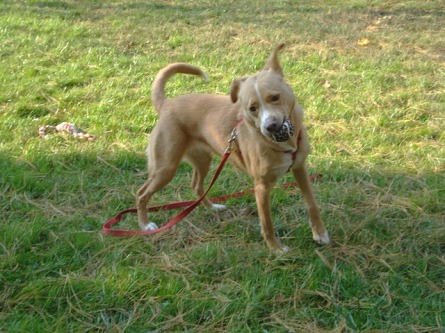This Sunday (May 2), spend your day strolling up and down Germantown Avenue in the Chestnut Hill neighborhood of Philadelphia. Why? The streets will be packed with representatives from area businesses, food vendors from local restaurants, live bands, fun activities for kids and a whole lot more, all for the Chestnut Hill Home and Garden Festival!
If you're late starting seeds for your summer vegetable garden, you'll be able to choose from a wide assortment of local, sustainably grown and organic starter plants from area farms and nurseries. You can also bring a little spring cheer to your yard or home with hanging baskets and other beautiful, flowering plants.
New this year is Eco Alley, a section of the festival with 20 vendors offering lots of great, sustainable products and services. What better way to get all the information you need to live a more locally, sustainable lifestyle?!
Also very exciting for the community is the approaching opening of the Chestnut Hill location of Weavers Way Co-op. While the store will not yet be open by the date of the festival, curious visitors are invited to take a sneak-peek at the inside of the store. For those who have hesitated becoming a member due to the crowded Mt. Airy location, be sure to get your membership information when visiting the new store. Co-op memberships are another great way to incorporate more sustainability into your current lifestyle.
The Chestnut Hill Home and Garden Festival is sponsored by Subaru and B101.
If you're late starting seeds for your summer vegetable garden, you'll be able to choose from a wide assortment of local, sustainably grown and organic starter plants from area farms and nurseries. You can also bring a little spring cheer to your yard or home with hanging baskets and other beautiful, flowering plants.
New this year is Eco Alley, a section of the festival with 20 vendors offering lots of great, sustainable products and services. What better way to get all the information you need to live a more locally, sustainable lifestyle?!
Also very exciting for the community is the approaching opening of the Chestnut Hill location of Weavers Way Co-op. While the store will not yet be open by the date of the festival, curious visitors are invited to take a sneak-peek at the inside of the store. For those who have hesitated becoming a member due to the crowded Mt. Airy location, be sure to get your membership information when visiting the new store. Co-op memberships are another great way to incorporate more sustainability into your current lifestyle.
The Chestnut Hill Home and Garden Festival is sponsored by Subaru and B101.


 RSS Feed
RSS Feed